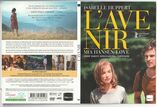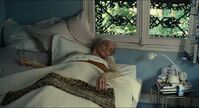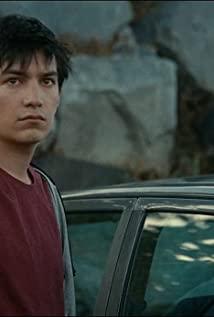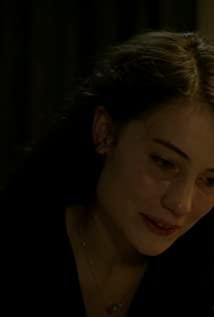When love enters the state of marriage, it is not only the conclusion of emotions, but also the superposition of the property of the two, so when the husband and the cheating husband are separated, and the two want to share the property (actually, most of them are books), the other party takes it away without a word. The book in which she took notes (Schopenhauer's The World as Will and Representation?), she seems to have been deprived of part of her memory, time, or will.
It was an important book for her, and probably the ideological core of the whole film. So before going to the student's farm to relax, she bought a new one, and I'm guessing she'll be rereading or taking notes again (and differently) in the future. The road of life can only be walked once, but through this action, she also has a second chance to examine and experience her own life.
So is her husband's seaside cottage. It seems that the two are split, but in fact only she is split. And what the audience most wants to see is the "guiwei" philosophy professor. Will there be a more profound or delicate way to deal with these big and small problems? Her mother, as her control group, was more self-indulgent. The handsome young student is another version of her that is more aggressive and calmer. Discussing the existence of morality and facing someone less fortunate (or lower) than herself, where should she place herself?
"I'm too old for radicals."
"Why?"
"Because I was there and experienced it."
The original title of the film "L'avenir" means the future, and the English title is Things to Come. She experienced Some setbacks, swallow the past, and spit out bit by bit when facing the future. Schopenhauer famously said: A man can do what he wants, but not what he wants. Just like the black cat, when it thought it was lost, it came back with something in its mouth. The black cat is like the appearance of her will, a blind desire, a primitive instinct, and it is irresistible.
View more about Things to Come reviews











